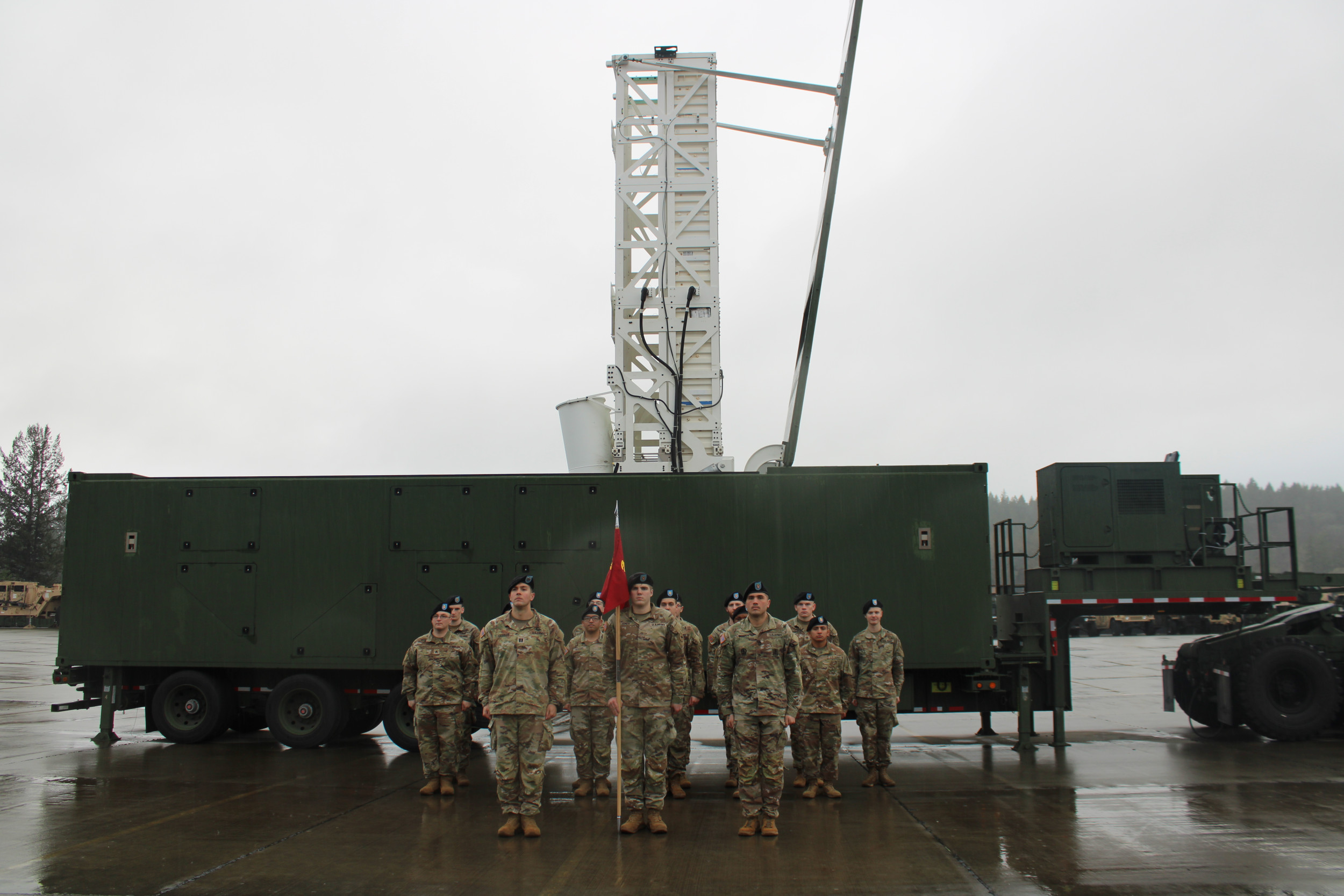China Warns Philippines Against US Missile Deployment
China has issued a strong warning to the Philippines, urging the Southeast Asian nation to reject the deployment of a US missile system, claiming it would escalate tensions in the South China Sea. This comes amidst reports that the Philippines is considering purchasing the Mid-Range Capability missile system, also known as Typhon, from the United States.
Adding another layer of complexity to the situation, the US military is reportedly interested in deploying the Multi-Domain Task Force, which houses the Typhon system, to Japan as well. This move has sparked concern in Russia, a close ally of China, which has threatened a potential response with its own missile deployments in the region.
A History of Tension in the South China Sea
The South China Sea has been a hotbed of geopolitical tension for decades, with overlapping territorial claims from several countries, including China, the Philippines, Vietnam, Malaysia, Brunei, and Taiwan. China claims nearly the entire sea based on its historical "nine-dash line," a demarcation that has been disputed by international law and its neighbors.
The recent deployment of a Typhon launcher to the Philippines in April for joint military drills further inflamed tensions. Initially slated for a temporary stay, the launcher was decided to be kept in the Philippines "indefinitely," raising concerns in Beijing.
China’s Stance: A Growing Threat
"The deployment of this offensive missile system has intensified confrontation and escalated tensions," Colonel Wu Qian, spokesperson for the Chinese Defense Ministry, stated in a press conference on Thursday. He warned that such deployments contribute to increased conflict and suffering for local populations, urging both the US and the Philippines to withdraw the Typhon system immediately.
This isn’t the first time China has voiced its displeasure. Earlier this month, the Chinese Foreign Ministry expressed concerns over the Philippines’ potential purchase of the Typhon system, urging Manila to act responsibly.
The US Response: A Strategic Alliance
The US has positioned itself as a staunch ally of the Philippines in the face of Chinese assertiveness in the region. The deployment of the Typhon launcher is seen as a strategic move to bolster Manila’s defense capabilities and deter potential aggression from Beijing.
While the US has not directly confirmed plans for a permanent Typhon deployment in the Philippines, the decision to extend its stay beyond the initial deployment period suggests a growing commitment to the strategic significance of the region.
A Potential Domino Effect in Asia
The potential deployment of the Typhon system in Japan has wider regional implications. Japan and the Philippines are both key treaty allies of the US, forming a strategic line of defense along with Taiwan against potential Chinese expansion.
Russia, concerned about the US strengthening its military presence in Asia, has warned of potential countermeasures.
Deputy Foreign Minister Sergey Ryabkov stated earlier this week that Russia may be forced to deploy its own missiles in the region if the US proceeds with its deployment plans in Asia.
The Future of the South China Sea
The South China Sea remains a powder keg of international tensions, with the deployment of sophisticated missile systems adding another layer of complexity. As the US strengthens its alliances in the region and China ramps up its military presence, the risk of miscalculation and conflict continues to grow.
Moving forward, it will be crucial for all parties involved to exercise restraint and engage in dialogue to prevent further escalation.
This situation highlights the need for a renewed focus on diplomacy and multilateral cooperation to address the complex security challenges in the South China Sea.
What are your thoughts on the potential impact of these developments? Share your insights in the comments below.
United States Army soldiers stand in formation in front of a Mid-Range Capability launcher at Joint Base Lewis-McChord in Washington state on January 10. China warned the Philippines not to accept the deployment of a United States missile system, claiming this could result in a higher risk of conflicts in the South China Sea.
More
Caitlyn Davies/U.S. Army


